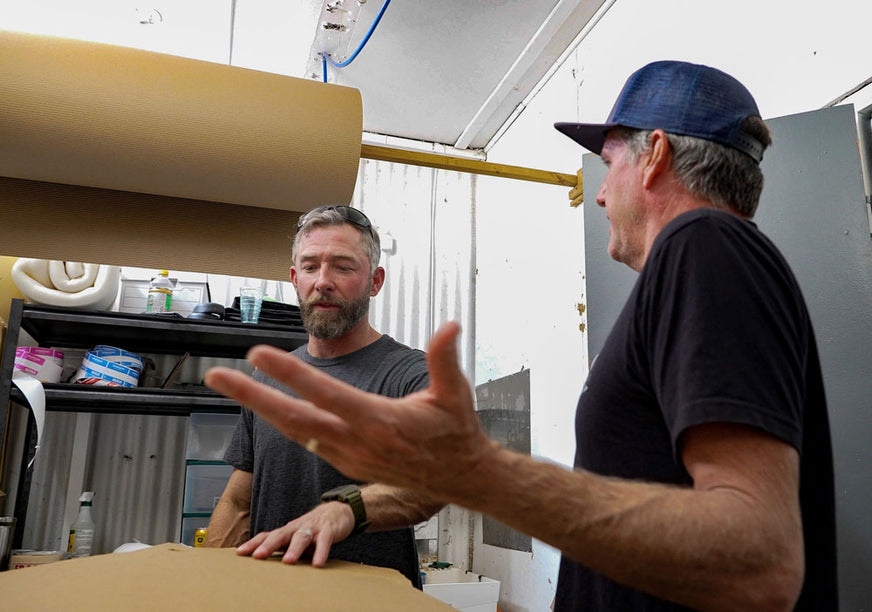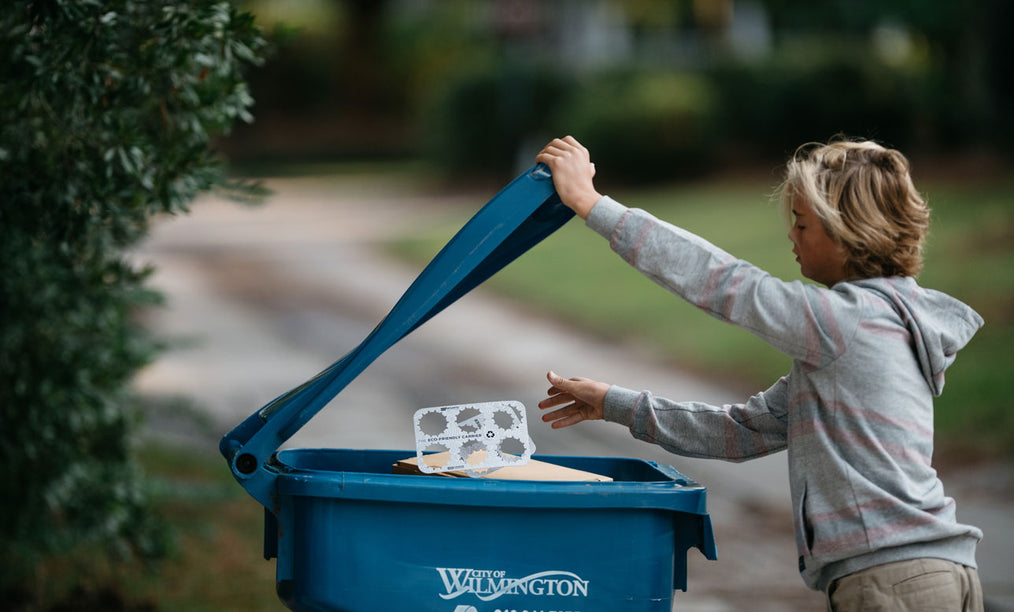Solving the plastic pollution problem can seem a daunting task at times, but momentum is steadily building worldwide to do something dramatic. Over the last decade, the massive increase in single-use plastic production has resulted in very real world pollution problems, particularly in the global south, where the vast majority of single-use plastic products are imported even though these nations don't have the waste management infrastructure to deal with their long-term impacts.
As a result, the global south is literally drowning in plastic waste and they want something done about it. Even the global north, which is largely responsible for the production and distribution of the plastic waste problem, albeit less impacted due to more robust waste management policies, wants to see change. The following charts are a revealing summary of where we currently stand.

In many developing nations the simple fact is good waste management systems are a luxury they don't have yet. Not surprisingly, the mass proliferation of single-use plastics over the last few decades has hurt them the most, since much of that plastic waste escapes into nature. Sadly, too much of that waste finds its way to the ocean.

Countries without proper waste management systems often have huge population centers sitting on rivers that capture unmanaged waste and deposit it directly into the ocean a short trip away. This is alarmingly true in the Philippines, a country made up of 7000 islands that sit on the edge of the Pacific gyre. Waste from the Philippines alone makes up more than one third of ocean plastic pollution globally.
 The Phillipines is hardly alone when it comes to their dependency on single-use plastic products. The fact is when it comes to food protection and preservation, there's no better alternative than plastics at this stage. But much of the plastic waste problem has nothing to do with food packaging, but rather single use product packaging. That packaging is being designed, manufactured, and exported from larger developed countries in the global north.
The Phillipines is hardly alone when it comes to their dependency on single-use plastic products. The fact is when it comes to food protection and preservation, there's no better alternative than plastics at this stage. But much of the plastic waste problem has nothing to do with food packaging, but rather single use product packaging. That packaging is being designed, manufactured, and exported from larger developed countries in the global north.

There's no denying the many benefits plastics have had on societies, as they've revolutionized nearly every industry there is. It's made the vast majority of goods and services cheaper and more accessible. But the dramatic impact that mismanaged plastic waste is having is straight up alarming. Solving that issue will require a top to bottom effort, starting with an examination of the plastic waste tap. To that end, it's good to understand the key culprits. Packaging is a well-known hot topic, and for good reason, but textiles (clothing) is another massive contributor, which understandably, doesn't get the same scrutiny.

Momentum is building across the globe for action on the plastic pollution problem, and there are several encouraging pieces of EPR (extended producer responsibility) legislation, like California's Plastic Pollution and Producer Responsibility Act, which could set the tone for global change. The tricky part is making sure these movements can be manifested into actions that work, and help the very people and populations they're intended to support.
 The road ahead won't be easy but we should be encouraged by the clear global will to do the right thing. As awareness of this issue continues to rise, support for solutions will too. Do your part my researching the waste and recycling efforts in your city, county and state. That alone will motivate you to be a more conscious consumer.
The road ahead won't be easy but we should be encouraged by the clear global will to do the right thing. As awareness of this issue continues to rise, support for solutions will too. Do your part my researching the waste and recycling efforts in your city, county and state. That alone will motivate you to be a more conscious consumer.















